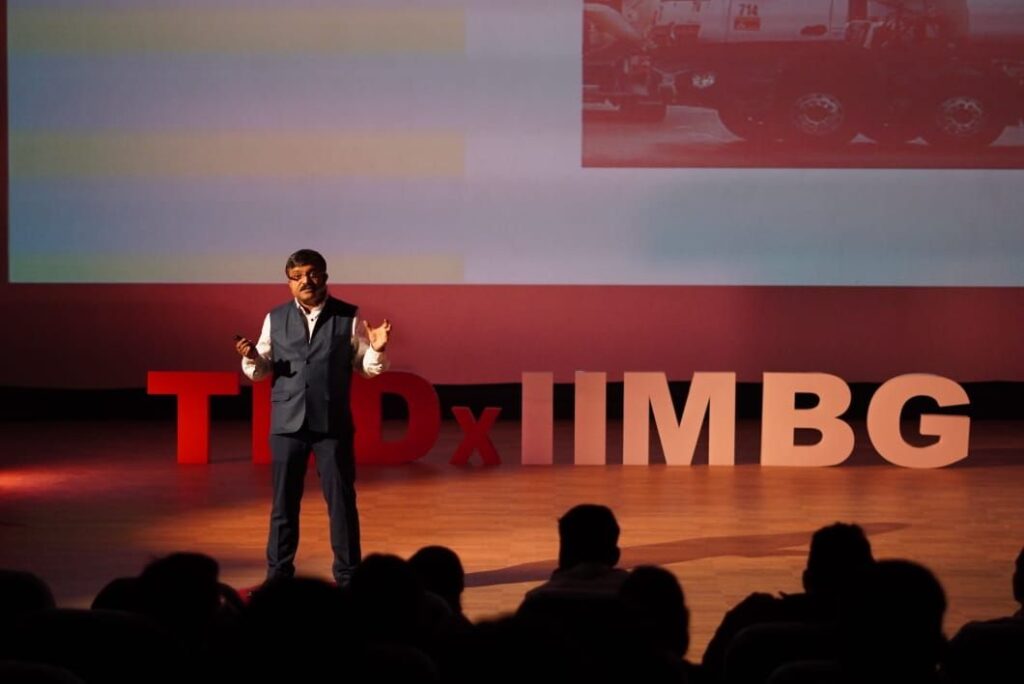
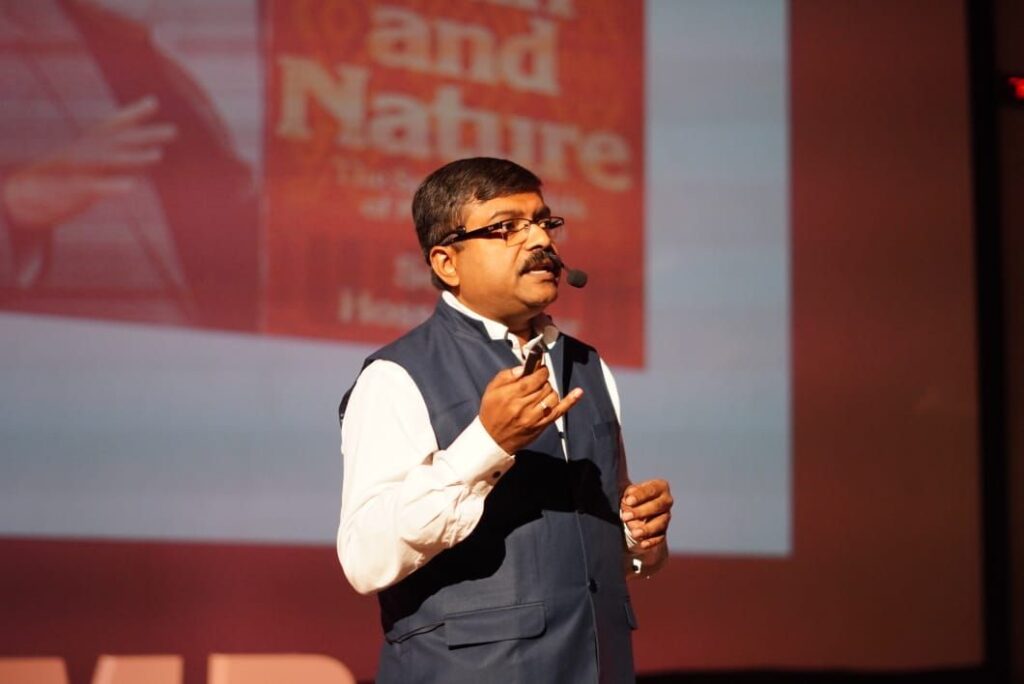
TEDx Talk Delivered on 14th Dec, 2023 at IIM Bodh Gaya
According to research, if we compare Earth’s history to a calendar year, modern human life has existed for 37 minutes, and we have used one third of Earth’s natural resources in the last 0.2 seconds. As per latest data the population of the world today is 8.1 billion and if humanity has to exist, it needs to use Earth’s resources. But it is the rate of resource depletion which is a matter of concern and if this continues at this pace, there will be no resources left. Earth with exist given its strong resilience but humanity will not. Today we need 1.8 Earths to support 1 Earth, thanks to the mindless consumption and use and throw mindset. To make things a little more concise, In 2023, Earth Overshoot Day landed on August 2. Earth Overshoot Day marks the date when humanity’s demand for ecological resources and services in a given year exceeds what Earth can regenerate in that year. So, we are now borrowing resources from the future.
Prof. Seyyed Hossein Nasr, now 90 years old, wrote a book called ‘Man and Nature: The Spiritual Crisis in Modern Man’ in 1958 where he argued that Man and Nature need to co-exist out of mutual respect. The fact that man can dominate over nature leveraging technology is flawed as earth’s resources are not limitless. Clean technology, green fuel may or may not be the answers, but the fundamental mindset of co-existence has to be incorporated if we want to see results.
Supply Chains have been in the brunt of this storm as organizations’ supply chains often account for more than 90 percent of their greenhouse gas (GHG) emissions, when taking into account their overall climate impacts. The need of the hour is to change the mindset to a circular economy, things we were doing 30-40 years ago. And it is important to look at innovation to address these challenges. Sustainable innovation involves making intentional changes to a company’s products, services, or processes to generate long-term social and environmental benefits while creating economic profits for the firm.
Let us take the case of Green Cement which is an eco-friendly cement that uses a carbon-negative process of manufacturing. Cement companies have been doing them from a long time (though we are talking about this now) to reduce the mining of limestone reserves which account for 40 percent of Green House Gas emissions. The major raw materials used to produce green cement include mostly the discarded waste from the industry, he slag from the blast furnace and fly ash being the main materials used in the manufacturing of green cement. The additional benefits are better binding capability and this is actually profitable. The use of advanced technology makes the manufacturing process highly energy efficient. The carbon dioxide emitted during this process is significantly low. Reports suggest that the carbon footprint is reduced by 40% during this process. Because the raw materials used in the manufacturing of green cement are mostly industrial waste, the cost of green cement is cheaper.
Another example is Tata Indica, the small car introduced by Tata Motors. This product may not have been a big hit but it disrupted the price point and a small car was made affordable for the middle class. But it also had to be profitable. The entire project from conceiving the idea (September 1995) to the final production of the car (January 1998) took just about 28-30 months, nothing less than an achievement for a first-time passenger car maker. The first generation Indica was produced in a refurbished assembly line that Tata purchased second hand from an abandoned Nissan plant in Austria. This was an optimum use of resources to control costs.
Historically, Frugal Innovation or Jugaad in the colloquial language has been India’s DNA, being a country starved of resources due to multiple invasions and colonialism. To put in real terms, Frugal innovation is a structured innovation process that clearly focuses on delivering customer value at predetermined price points. Resource constraints and the desire to open untapped markets to products and services via adequate price points and acceptable value-for-money propositions are at the heart of the frugal innovation movement. This has been demonstrated again and again, be it supercomputers, Chandrayan-3 or the simple case of the refill ball point pens.
As per latest data, the urgent need is to support frugal innovation. As much as 95% of global population growth and 70% of real GDP growth will happen in emerging markets. Asia (excluding Japan) is the main driver, contributing 54% of population growth and 46% of real GDP growth. Developing products and services for the emerging middle class in these countries, slated to constitute around 70% of the global middle class by 2030, is crucial for all players. And it is profitable and good for future generations. Today’s supply chains also need to think frugal.
We have all heard the popular story called “How Much Land Does a Man Require?” This is an 1886 short story by Leo Tolstoy about a man who, in his lust for land, forfeits everything. The moral of the story is that excessive desire can make a person lose all they have. The example is the peasant protagonist is never satisfied with how much land he has and although his ambition is at first good, it becomes too much. As a human race, we are at a similar situation where we are at loggerheads when it comes to progression. Charles Darwin’s Theory of Evolution has enabled the survival of the fittest and logically we should have progressed as a race. But the progress has been at the cost of robbing the future generations.
As we dwell into a multi-polar world with imminent wars, natural catastrophes, we are at World War III. And this war has to be fought together as humanity, co-existing with nature. We are already passed the tipping point of restricting the temperature increase of 1.5 degree C as per the science-based targets. It is time to reflect upon innovating for sustainability.
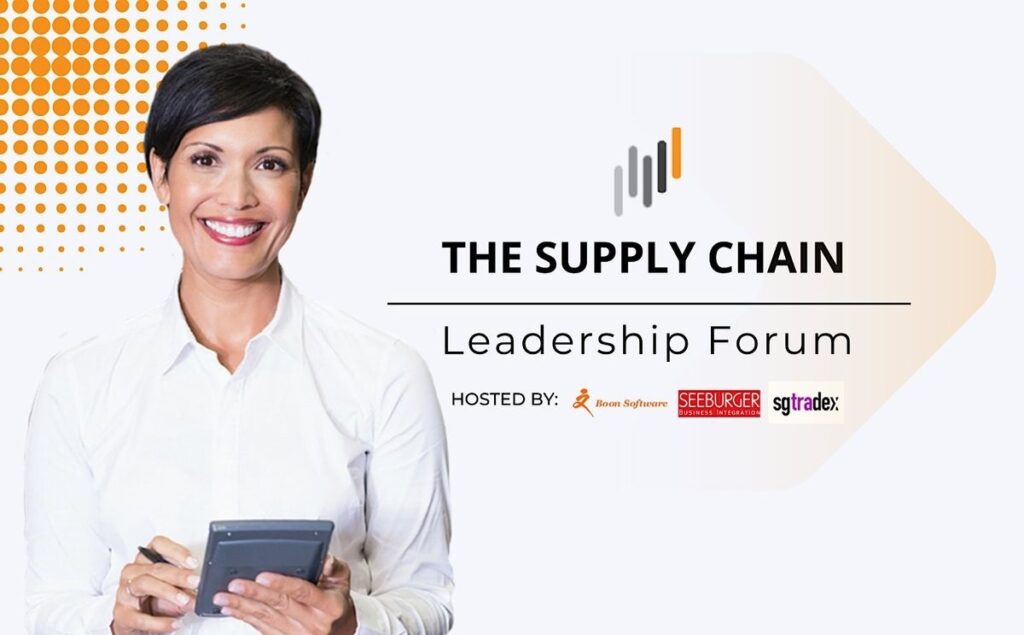
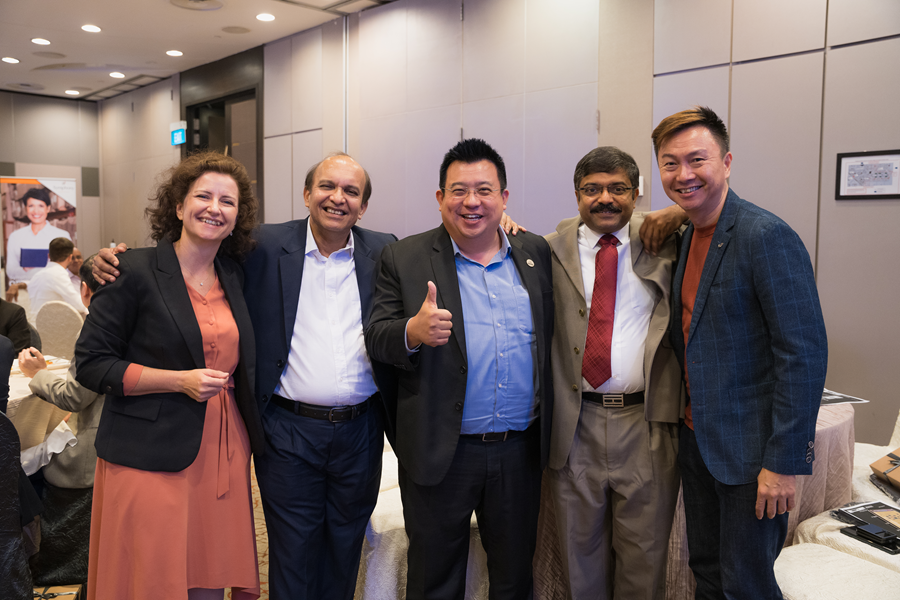
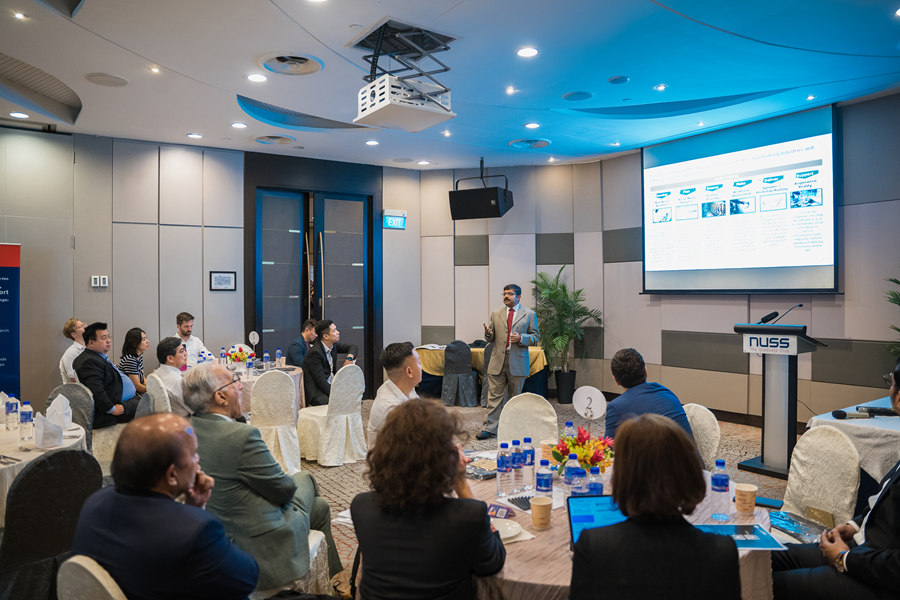
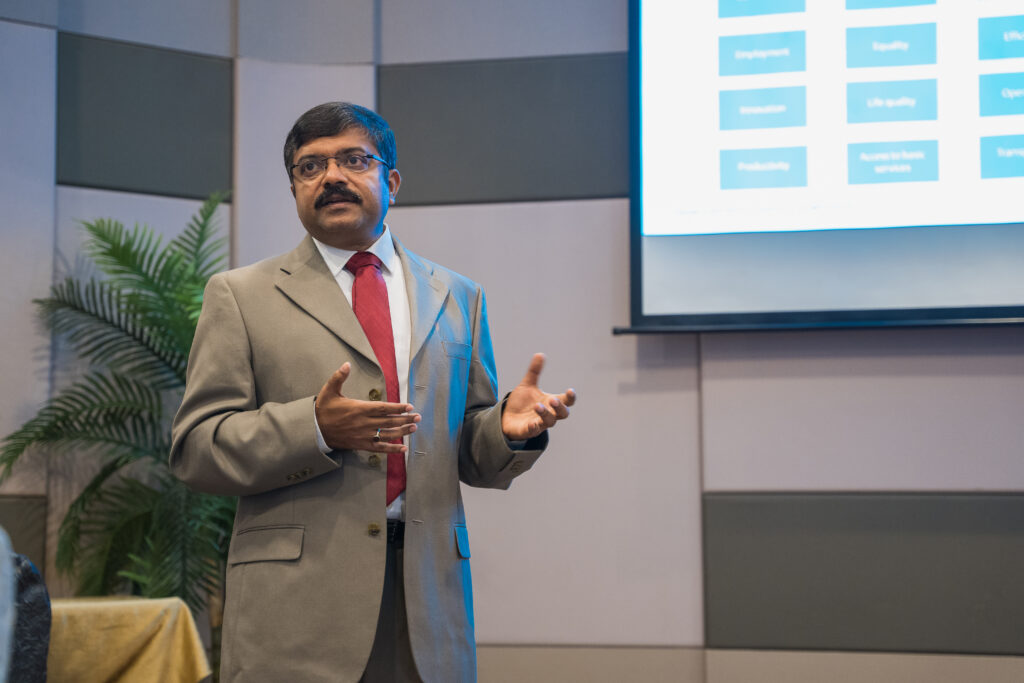
Sandeep Chatterjee was one of the speakers of the inaugural Supply Chain Leadership Forum
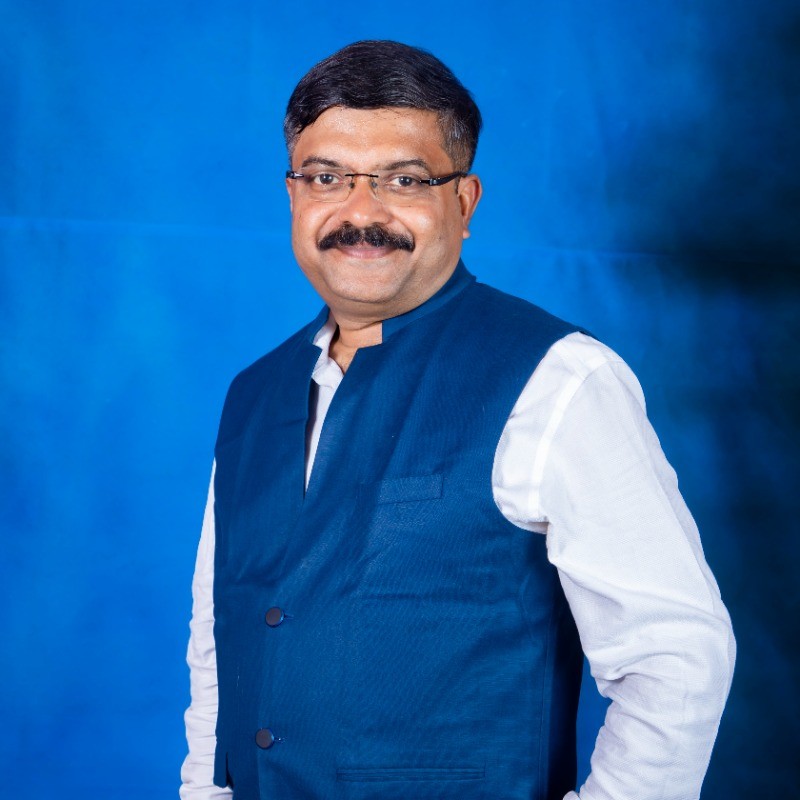
Written by: Sandeep Chatterjee, Supply Chain and Sustainability Leader at IBM Consulting
Thank you for connecting with us. We are happy to hear from you. We’ll be in touch soon to schedule a time to understand your goals and present how the Symphony Logistics solutions optimises the business for every enterprise.